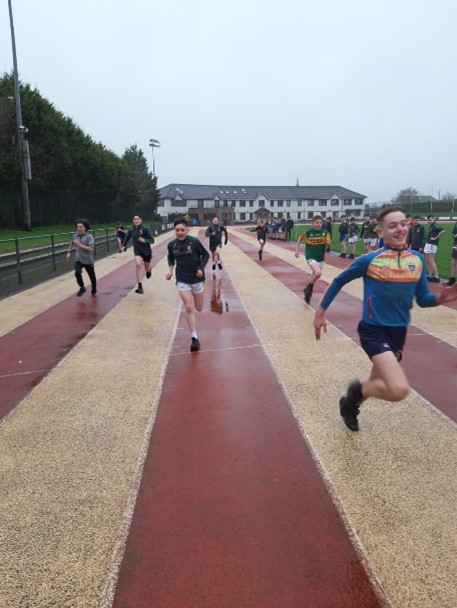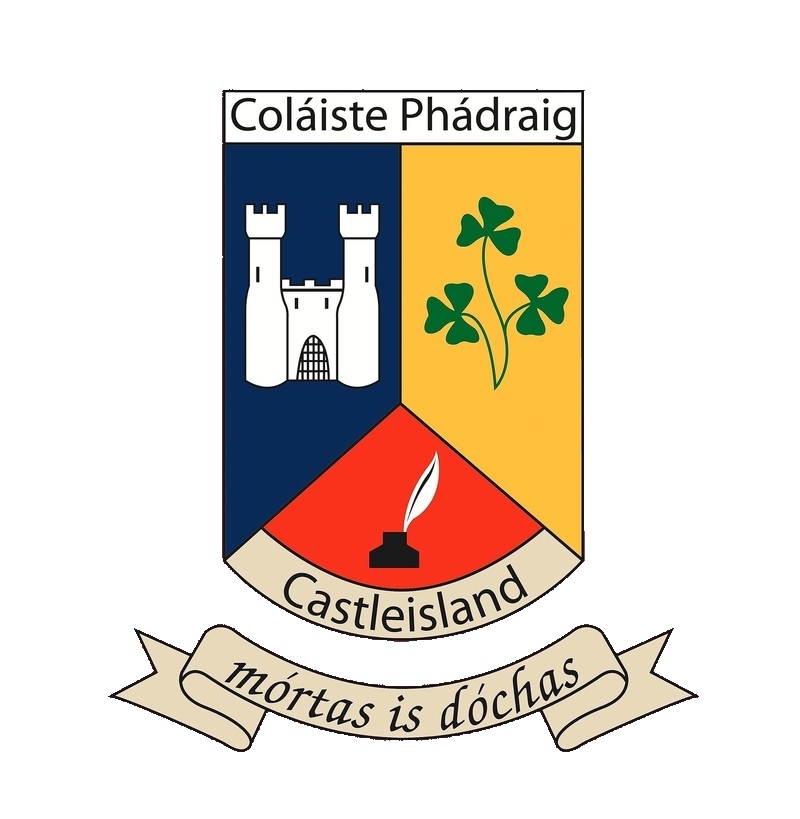Maths
First Year:
-
In Mathematics, you will develop your problem-solving skills and your ability to present logical arguments. You will be better able to use what you learn in Maths in real life situations in everyday life and work.
Second Year:
-
Pupils complete a Classroom Based Assessment on a mathematical investigation of their choice. This will receive a written descriptor which will appear on their JCPA (Junior Cycle Profile of Achievement).
Third Year:
- Pupils will complete an assessment task based on a statistical investigation. This accounts for 10% of their grade. They will sit a written exam in June which accounts for 90% of their final grade.
The role of Maths
Junior Cycle Maths education has a role to play in overall literacy of students and in their mathematic literacy. “In the post-primary junior cycle, the study of Maths contributes to a broad and balanced educational experience for students, extending their experiences at primary level. It is concerned with the development of mathematic literacy: The capacity to use mathematic knowledge, to identify questions and to draw evidence-based conclusions in order to understand and help make decisions about the natural world and the changes made to it through human activity and associated Maths process skills, together with an appreciation of the impact that Maths has on our lives and environment. In an era of rapid scientific and technological change the study of Maths is fundamental to the development of the confidence required to deal with the opportunities and challenges that such change presents in a wide variety of personal and social contexts.”

How will I learn Maths in school?
- Problem Solving
- Group work
- Fun activities
- Relating to Real Life
What is the Mathematics Junior Cycle exam like?
Students will sit a 2-hour written paper. Students have the choice of sitting this paper at Higher or Ordinary Level. Students will also complete CBA’s in 2nd and 3rd Year.

